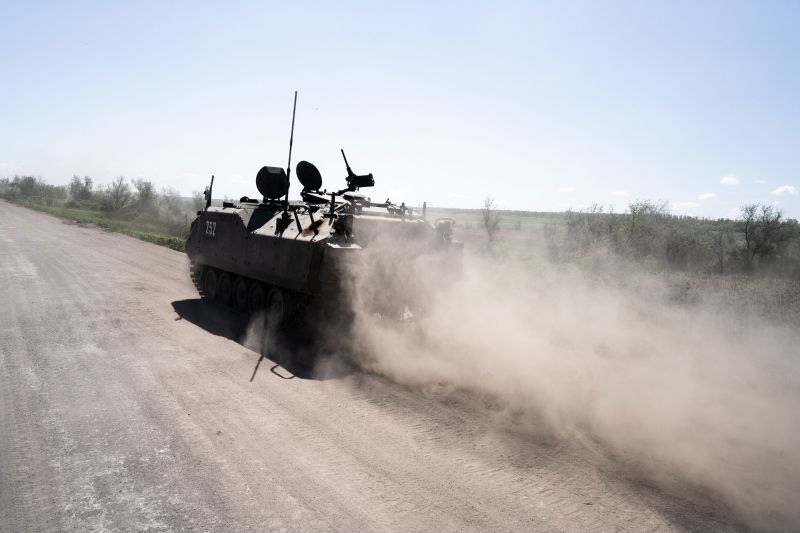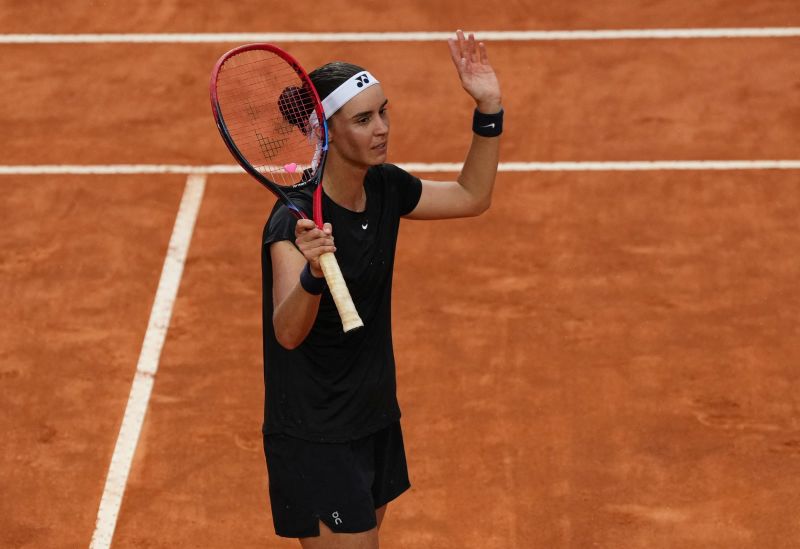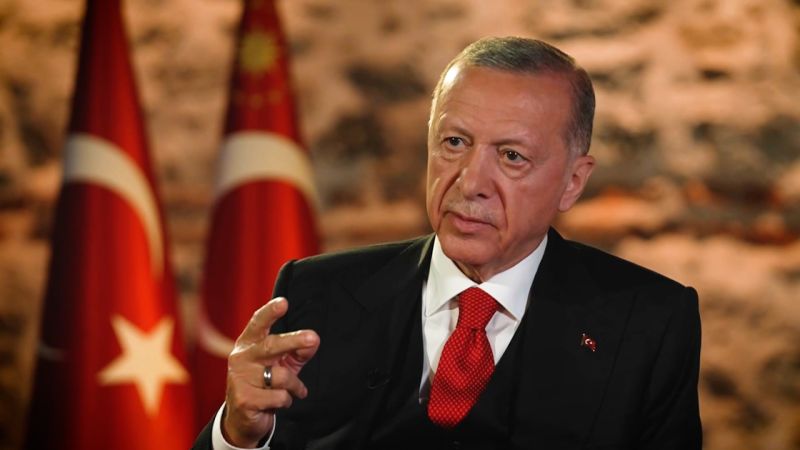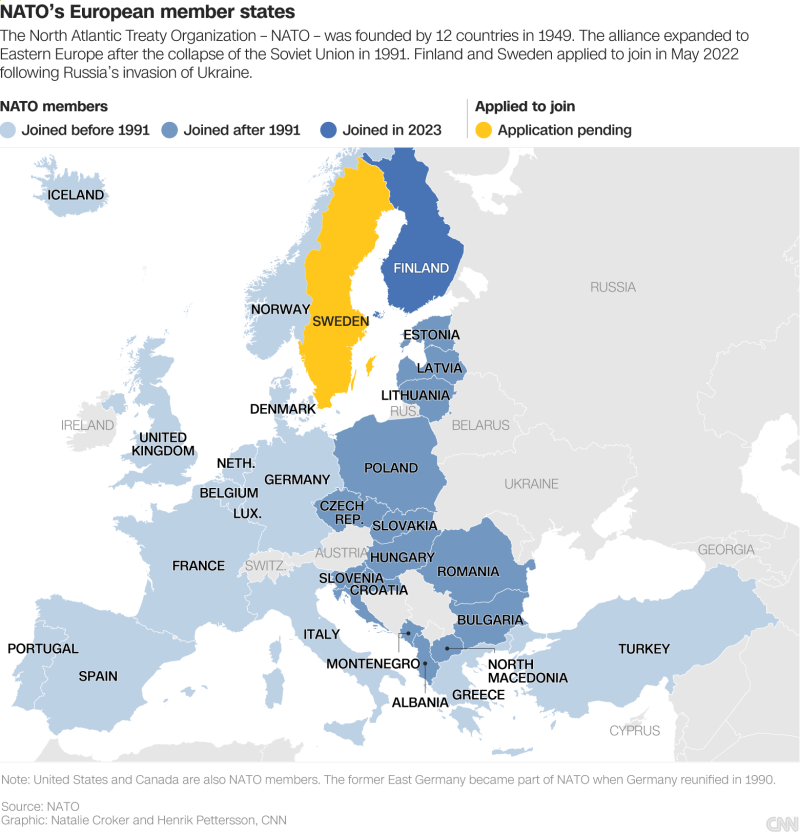
The pace of Ukrainian counterattacks around Bakhmut slowed down Friday, but "very fierce fighting continues" in the eastern city, according to Ukrainian Deputy Defense Minister Hanna Maliar.
In an update, Maliar claimed the Russians had “increased the presence of troops in the Bakhmut sector by several thousand people and is trying to use its advantage in heavy artillery and the number of shells.”
“Russian troops continue to attack at the cost of heavy losses, which disproportionately exceed our losses,” she said on Telegram.
Maliar added that Ukraine's defense of Bakhmut was reducing Russia’s offensive potential and was gaining time for “other planned actions.”
She said Russians were reducing buildings in the city to ashes.
“They leave only the foundation, which is impossible to defend," Maliar said.
But Ukrainian troops were still holding an area near the city’s airplane monument and remained in the vicinity of the monument in the far-southwest corner of Bakhmut, she added.
The State Border Guard Service, which has units in the Bakhmut area, said enemy infantry was repelled and had taken casualties.
A commander in the Ukrainian military’s Third Assault Brigade, Andriy Biletsky, said over the past two days, two companies of the Russian 72nd Brigade had been defeated and retreated. On Thursday, the Brigade said it had gained an area two kilometers wide and 700 meters deep.
But Biletsky noted that “the offensive does not come at small price for us.”






